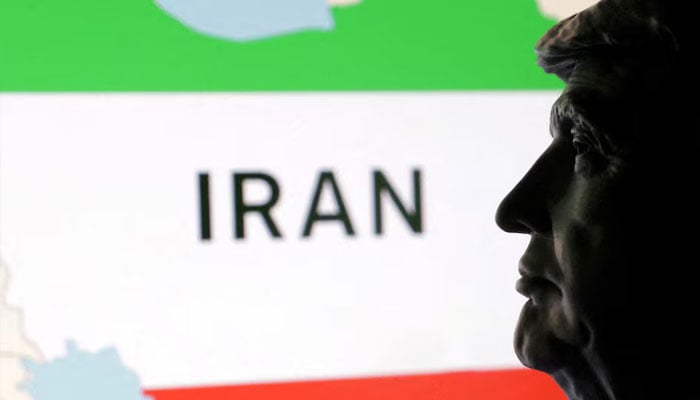

President Donald Trump on Tuesday stated that China can continue purchasing oil from Iran following the ceasefire agreement between Israel and Iran â though the White House stressed this does not signal any easing of US sanctions.
âChina can now continue to purchase Oil from Iran. Hopefully, they will be purchasing plenty from the US, also,â Trump wrote on Truth Social, just days after authorising US airstrikes on three Iranian nuclear facilities.
A senior White House official told Reuters that Trump was highlighting Iranâs decision not to close the Strait of Hormuz, a move that would have posed serious challenges for China â the world’s largest buyer of Iranian oil.
“The president continues to call on China and all countries to import our state-of-the-art oil rather than import Iranian oil in violation of US sanctions,” the official said.
After the ceasefire announcement, Trumpâs comments on China were another bearish signal for oil prices, which fell nearly 6 percent.
Any relaxation of sanctions enforcement on Iran would mark a US policy shift after Trump said in February he was re-imposing maximum pressure on Iran, aiming to drive its oil exports to zero, over its nuclear programme and funding of militants across the Middle East.
Trump imposed waves of Iran-related sanctions on several of China’s so-called independent “teapot” refineries and port terminal operators for purchases of Iranian oil.
“President Trump’s greenlight for China to keep buying Iranian oil reflects a return to lax enforcement standards,” said Scott Modell, a former CIA officer, now CEO of Rapidan Energy Group.
In addition to not enforcing sanctions, Trump could suspend or waive sanctions imposed by executive order or under authorities a president is granted in laws passed by Congress.
Trump will likely not waive sanctions ahead of coming rounds of US-Iran nuclear talks, Modell said. The measures provide leverage given Tehranâs demand that any deal includes lifting them permanently.
Jeremy Paner, a partner at Hughes Hubbard & Reed law firm, said if Trump chooses to suspend Iran oil-related sanctions, it would require extensive coordination between agencies. The Treasury would need to issue licences, and the State Department would have to issue waivers, which require Parliamentary notification.
âFlashed the Glockâ
China has long opposed what it calls Washington’s “abuse of illegal unilateral sanctions.” China’s embassy in Washington did not immediately respond to a request for comment about Trumpâs post.
Larger purchases of Iranian oil by China and other consumers could upset US ally Saudi Arabia, the world’s largest oil exporter.
The impact of US sanctions on Iranâs exports, however, has been limited since Trumpâs first administration, when he cracked down harder on Tehran.
Trump has “flashed the Glock” this year with sanctions on Chinese trading companies and terminals, but the results have been far more “minimum pressure” than maximum, Modell said.
State Department spokesperson Tammy Bruce told reporters that Trump had signalled what he wanted to happen and that his administration is focused on delivering that. She would not say what the process would entail.
“But clearly we are focused on making sure that (the) guiding hand of President Trump prevails and moves this government forward, so we will have to wait and see when it comes to what that ends up looking like,” Bruce said.





